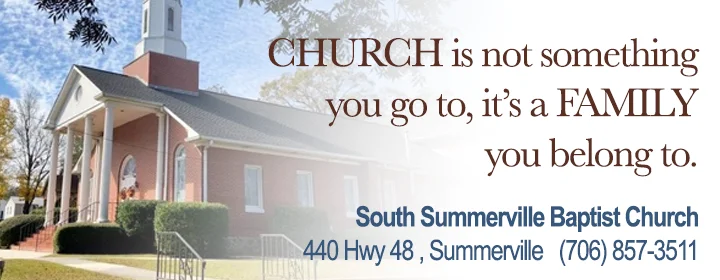
The Joy of the Journey
Prayer and Politics
This coming Tuesday, America will go to the polls to vote for a new president. No matter your political affiliation, as believers in Christ, we are obligated to lift our leaders up in prayer. Whether we like or dislike them, the Bible clearly says we are to pray for those who govern us. The Apostle Paul wrote to his young protégé Timothy these words, “First of all, then, I urge that supplications, prayers, intercessions, and thanksgivings be made for all people, for kings and all who are in high positions, that we may lead a peaceful and quiet life, godly and dignified in every way. This is good, and it is pleasing in the sight of God our Savior, who desires all people to be saved and to come to the knowledge of the truth.” (2 Timothy 2:1-4) Christians are called to live out our faith in every part of life, including politics. Although many view faith and politics as separate, the Bible emphasizes praying for those who lead us. The scripture directs us to seek God’s guidance for our leaders, trusting that His sovereignty extends over all earthly authority. Let’s explore why and how believers can pray effectively for those who govern.
There is no one in authority unless God allows it to happen. We must understand that sometimes He will enable unrighteous people to be in Power to bring about His plan for the world. The Bible explicitly calls us to pray for those in authority. This command isn’t limited by whether the leaders are righteous or unrighteous; it calls for Christians to bring all leaders before God. The Word of God states in Romans 13:1, “Let every person be subject to the governing authorities. For there is no authority except from God, and those that exist have been instituted by God.”
Praying for political leaders is a profound act of faith in God’s ultimate authority. Proverbs 21:1 reminds us, “The king’s heart is a stream of water in the hand of the Lord; he turns it wherever he will.” When we pray for leaders, we acknowledge that God is in control of nations and leaders, guiding their hearts according to His purpose. Our prayers act as reminders to ourselves that while leaders may make decisions, God is the one who holds ultimate power.
In praying, we can ask God to give our leaders wisdom, justice, and compassion. We can pray for guidance in their decision-making, courage to stand for what is right, and integrity in all their dealings. Regardless of the outcome, our prayer reflects our trust in God’s higher purposes.
Jesus teaches us to “love your enemies and pray for those who persecute you” (Matthew 5:44). In His ministry, Christ modeled a heart of compassion and prayer for all, including those who opposed Him. Praying for leaders—even those with whom we may disagree or who may act unjustly—reflects Christ’s love and mercy. Rather than harbor resentment or hostility, we’re invited to love and bless them through prayer. This does not mean that we support political leaders in their unbiblical decisions and ungodly ways but that we ask God to bring correction to the hearts.
Praying for our leaders keeps our hearts aligned with God’s call to humility and service. It transforms our perspectives, allowing us to see leaders as fellow humans in need of God’s wisdom, salvation, and grace, just as we are.
Ultimately, our prayer for leaders is that God’s will isaccomplished through their governance. We can pray that leaders seek justice, show mercy, and uphold righteousness, creating human flourishing and peace conditions. Psalm 72, a prayer for a king’s reign, asks for the leader to defend the afflicted, save the children of the needy, and crush the oppressor. We, too, can pray for our leaders to act as instruments of justice and peace, fulfilling God’s purposes for all people. In praying, we ask for God’s influence in places we can’t personally reach. Rather than trying to control or dictate political outcomes, we humbly invite God to work through earthly authorities for His ultimate plan.
Praying for our leaders is a simple yet powerful act of faith. It acknowledges God’s sovereignty, obeys His commands, and reflects Christ’s love in our hearts. As we commit to praying for those in authority, we take part in God’s unfolding work in the world. In our prayers, we seek change in leaders’ hearts andwithin ourselves—learning to live in peace, trust in God, and model His love in all circumstances.
Let us pray consistently for wisdom, peace, and justice, trusting that God will guide those in power and use their leadership for His greater purpose. Through prayer, we engage in the work of God’s kingdom, interceding for a world in need of His love and guidance.

















